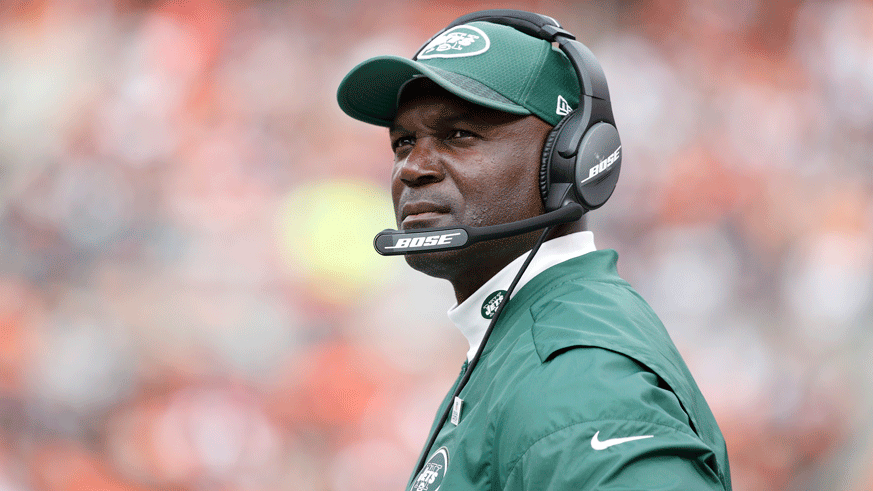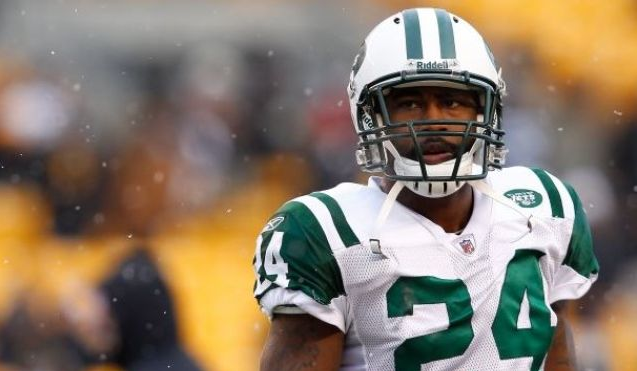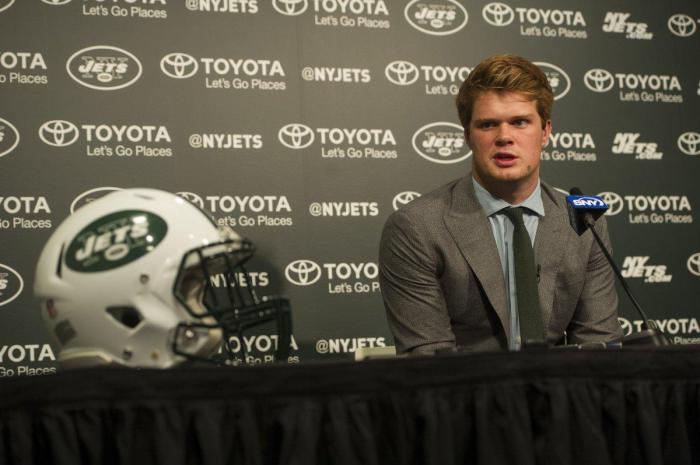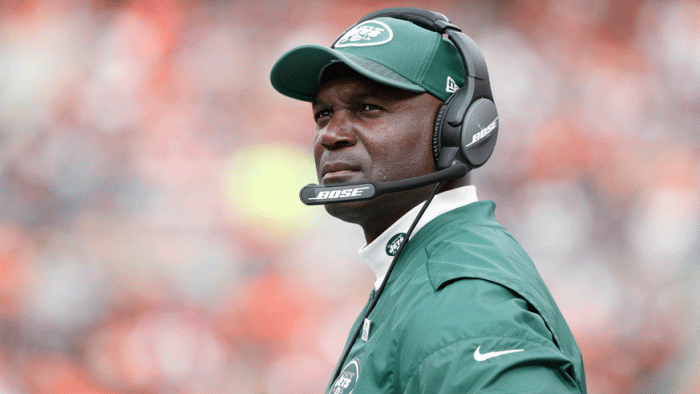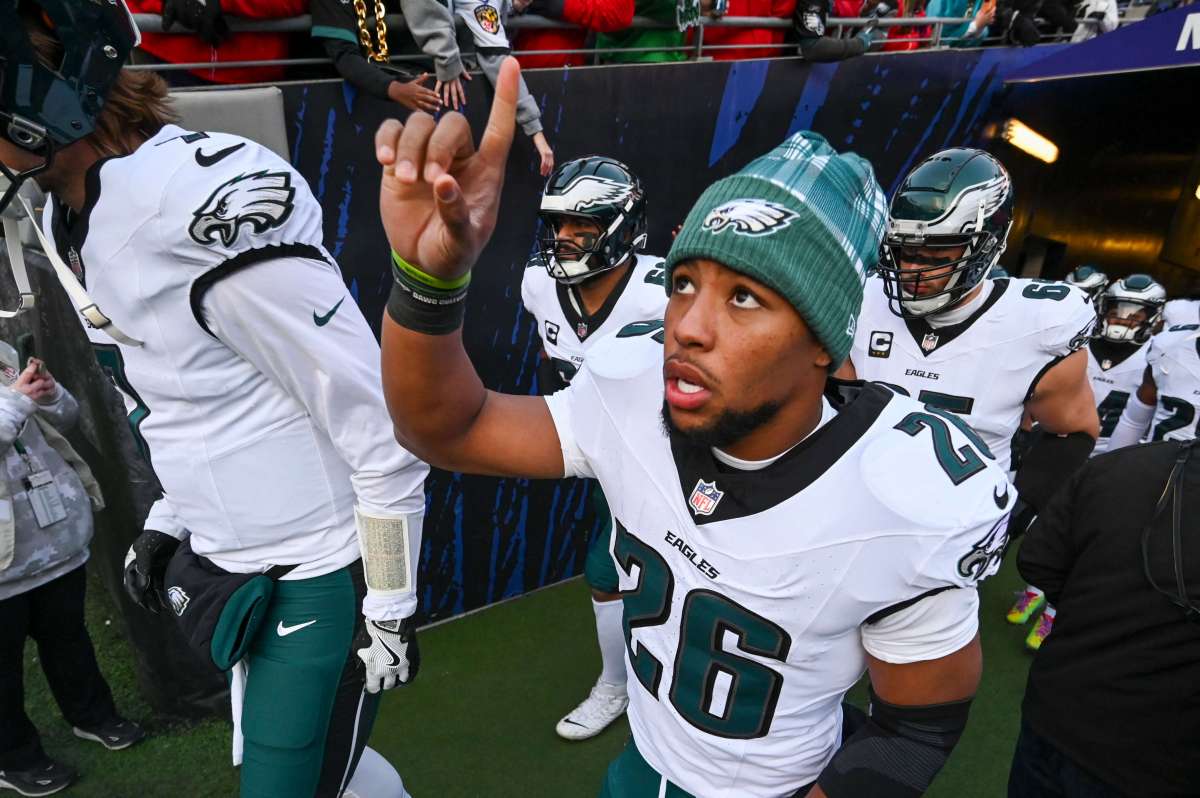As much as the New York Jets might want to find a franchise quarterback in an NFL draft filled with plenty of promising signal callers, this offseason might be one where the team finds their solution under center in free agency, not with a draft pick.
This isn’t because of where the Jets pick, after all, their 5-11 record was good enough — or rather bad enough — to land them the sixth pick. A top quarterback will still be there, even if the Jets choose to trade back should they miss out on the presumed top three of Sam Darnold, Josh Rosen or Josh Allen. But it has more to do with where this team is at right now and the state of the organization’s leadership over the past three years.
This is the Jets second rebuild in what will be a fourth season under the duo of general manager Mike Maccagnan and head coach Todd Bowles. They began this past season presumably on the hot seat, not shocking given 2016’s fall from grace. If they have another year like the past two, they won’t be getting to a fifth season with the Jets.
That means that a rookie starting quarterback is too great a gamble, a decision that in all likelihood would mean the rebuild could take a collective step sideways and not forward. That kind of season would cost Maccagnan and Bowles their jobs.
A rookie starting quarterback poses a risk of more lost games, something management and Bowles simply can’t gamble on.
That’s not to say that the Jets, who own two picks in the second round thanks to the trade of defensive linemen Sheldon Richardson, won’t take a quarterback this draft. Given how Christian Hackenberg has developed (hint, he hasn’t) and the status of backup quarterback Bryce Petty’s future with the team unclear, the Jets would be wise to draft a quarterback at some point…even if only to develop the player for depth purposes.
But taking a quarterback in the first round means committing to starting him at some point in 2018, something that a brain trust on the hot seat might not want to commit to at this juncture.
No matter what and where the Jets decide to go in free agency, should that be Kirk Cousins or Case Keenum or obtain a veteran in a trade (or even bring back Josh McCown for that matter), that is likely a better fit for this team. In the here and now, the Jets are closer to a “win now” mentality than stalling their progression.
The Jets, after all, are entering the second year of a rebuild. They will have plenty of flexibility with regards to the salary cap, a number that could hover somewhere around $90 million heading into this offseason.
There is a good defense in place and some interesting components on an offense that needs some star power but isn’t far off. This team is further along than many expected it would be and truthfully, the Jets as a team were far from the unmitigated disaster most envisioned this time a year ago.
Seven of their losses this season were by eight points or fewer. Two wins could have been had if the officials have made the right call. All of which says that this team isn’t far away from being competitive, from being a playoff-caliber team.
To entice free agents, especially the playmakers needed on offense to jumpstart this thing, the Jets have to show they aren’t far from winning, that the rebuilding phase is mostly over. A rookie quarterback and an ensuing learning curve won’t sell free agents on the immediate viability of this team, and most veterans looking to sign with a team want to win and not just sign massive deals.
Although the millions upon millions the Jets can throw at prospective free agents are awfully convincing arguments to join a team.
Still, this points to another offseason where the Jets won’t be drafting the Joe Namath to take them to the promised land. Not this year at least.
And frankly, that may not be a bad thing.

